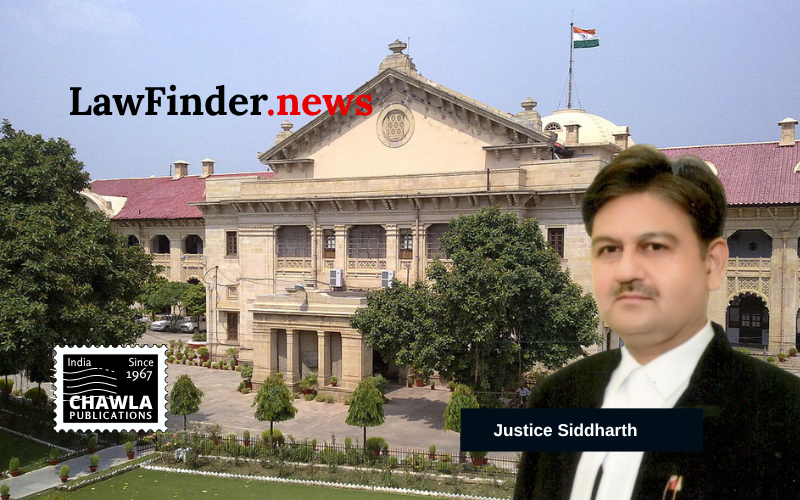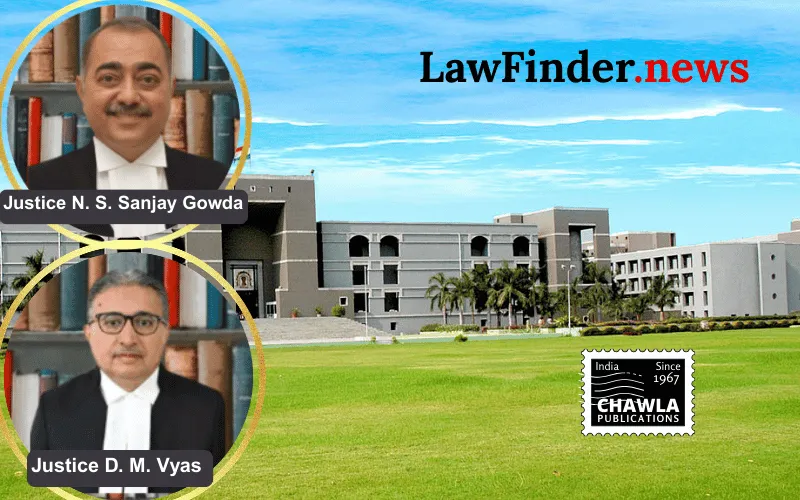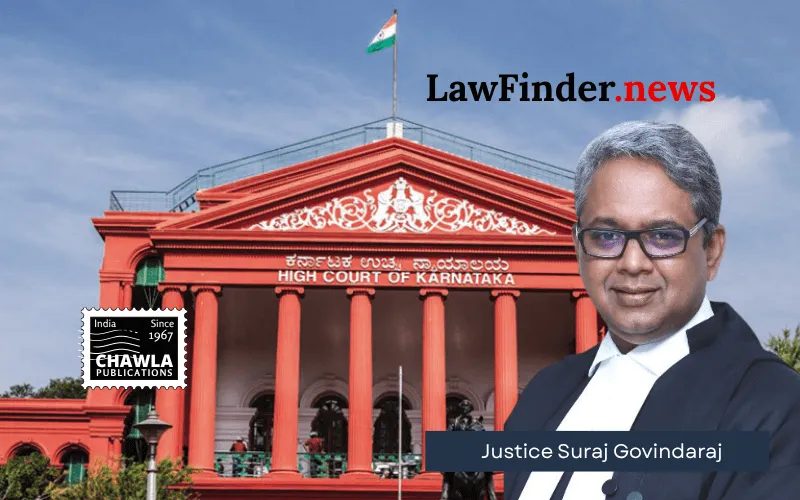Court Formulates Guidelines for Juvenile Justice Boards and Children's Courts to Ensure Comprehensive Psychological Evaluation for Heinous Offences
In a landmark judgment, the Allahabad High Court has quashed the orders of the Juvenile Justice Board and the Children's Court concerning the preliminary assessment of a juvenile involved in heinous offences. The court emphasized the need for meticulous psychological evaluation and adherence to specific guidelines to ensure fair trials for juveniles in conflict with the law.
The judgment, delivered by Justice Siddharth, addressed the case of Ayush Shukla, a juvenile implicated in offences including murder under Sections 147, 148, 149, 323, 302, and 120-B of the Indian Penal Code. The court noted that the initial assessments conducted by the Juvenile Justice Board and the Children's Court were not in accordance with legal requirements, thereby necessitating a fresh evaluation.
Justice Siddharth outlined comprehensive guidelines for the Juvenile Justice Boards and Children's Courts to follow during preliminary assessments of juveniles accused of heinous crimes. These guidelines mandate psychological evaluations to determine the emotional intelligence quotient (EQ), intelligence quotient (IQ), and the juvenile's capacity to understand the consequences of their actions. The guidelines also call for obtaining social investigation reports, considering school records, and examining prior criminal antecedents.
The court highlighted the importance of employing experienced psychologists or psycho-social workers in the assessment process, emphasizing that the expression "may" in Section 15(1) of the Juvenile Justice (Care and Protection of Children) Act, 2015 should be interpreted as mandatory unless the Board includes a practicing professional with a degree in child psychology or psychiatry.
The judgment also referred to the Supreme Court's observations in previous cases, underscoring the necessity of distinguishing between the cognitive and emotional maturity of juveniles and adults. The Allahabad High Court expressed concern over the lack of specific guidelines for conducting preliminary assessments and urged the Central Government and child protection commissions to issue directives to assist boards in evaluating juveniles.
The court's decision to quash the existing orders and demand a fresh assessment underscores the judiciary's commitment to safeguarding the rights of juveniles and ensuring that they are treated fairly under the law. The judgment has significant implications for juvenile justice in India, setting a precedent for meticulous and systematic evaluation processes for juveniles accused of serious crimes.
The judgment also requires the Registrar (Compliance) to communicate the court's guidelines to all Juvenile Justice Boards and Children's Courts in the state to ensure adherence to the new standards.
Bottom Line:
Juvenile Justice Act - Preliminary assessment of a child in conflict with law under Section 15(1) of Juvenile Justice (Care and Protection of Children) Act, 2015 - Guidelines formulated by the Court for Juvenile Justice Boards and Children's Courts to ensure meticulous psychological evaluation and adherence to proper parameters for determining the trial of juveniles for heinous offences.
Statutory provision(s): Juvenile Justice (Care and Protection of Children) Act, 2015, Section 15(1), Rule 10A of Juvenile Justice Model Rules, 2016, Sections 147, 148, 149, 323, 302, 120-B IPC.
Ayush Shukla v. State of U.P., (Allahabad) : Law Finder Doc Id # 2792246




